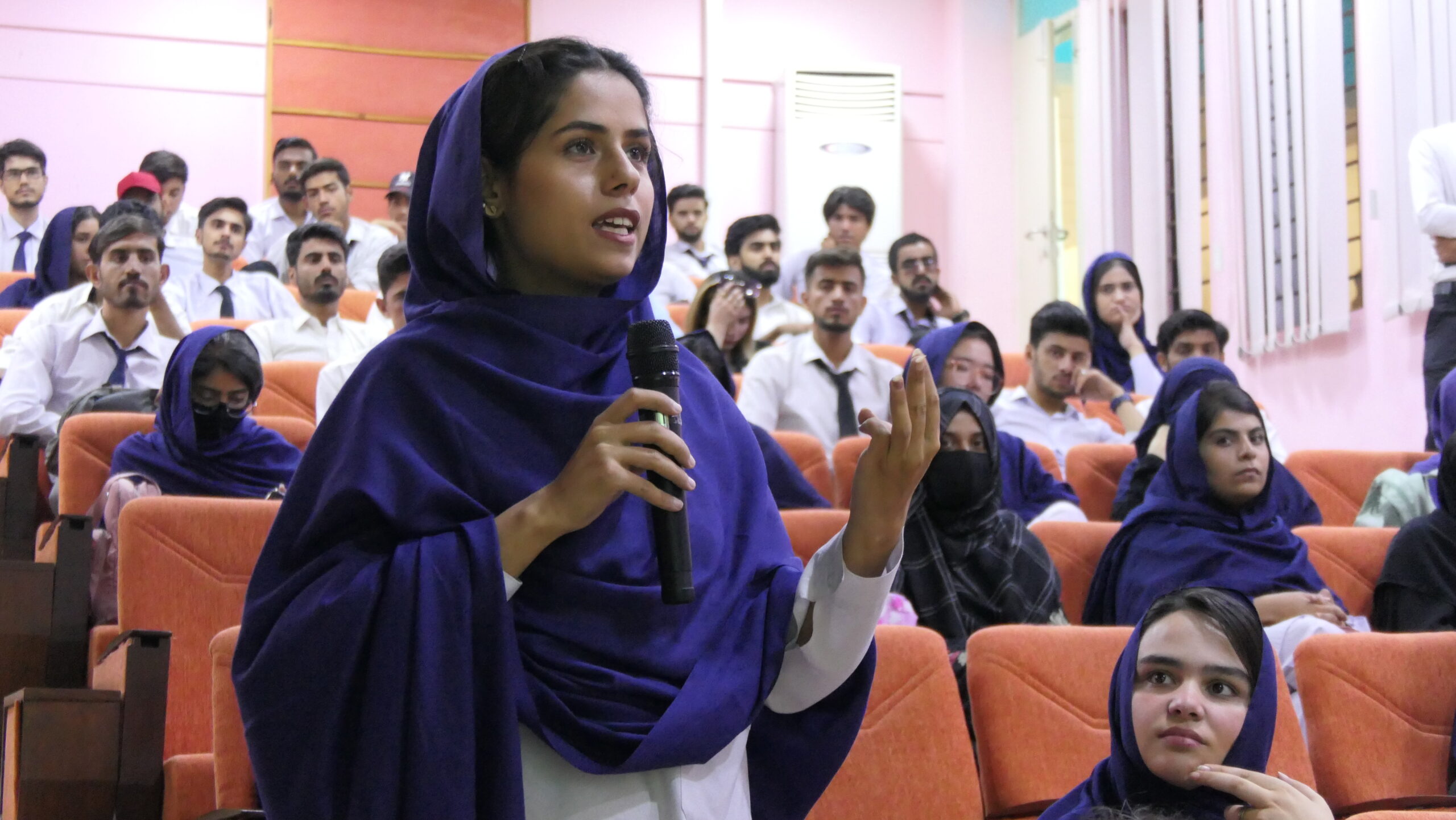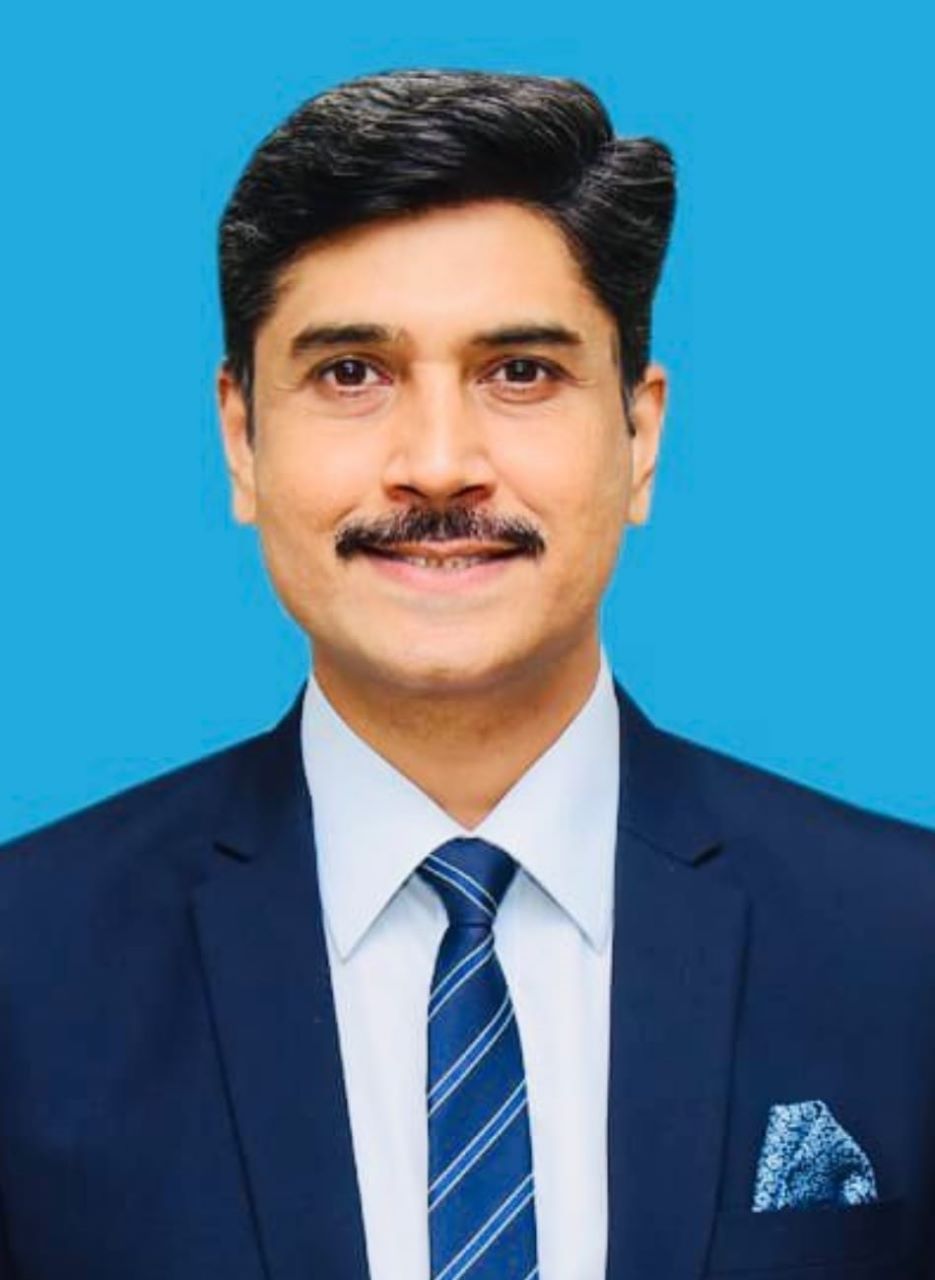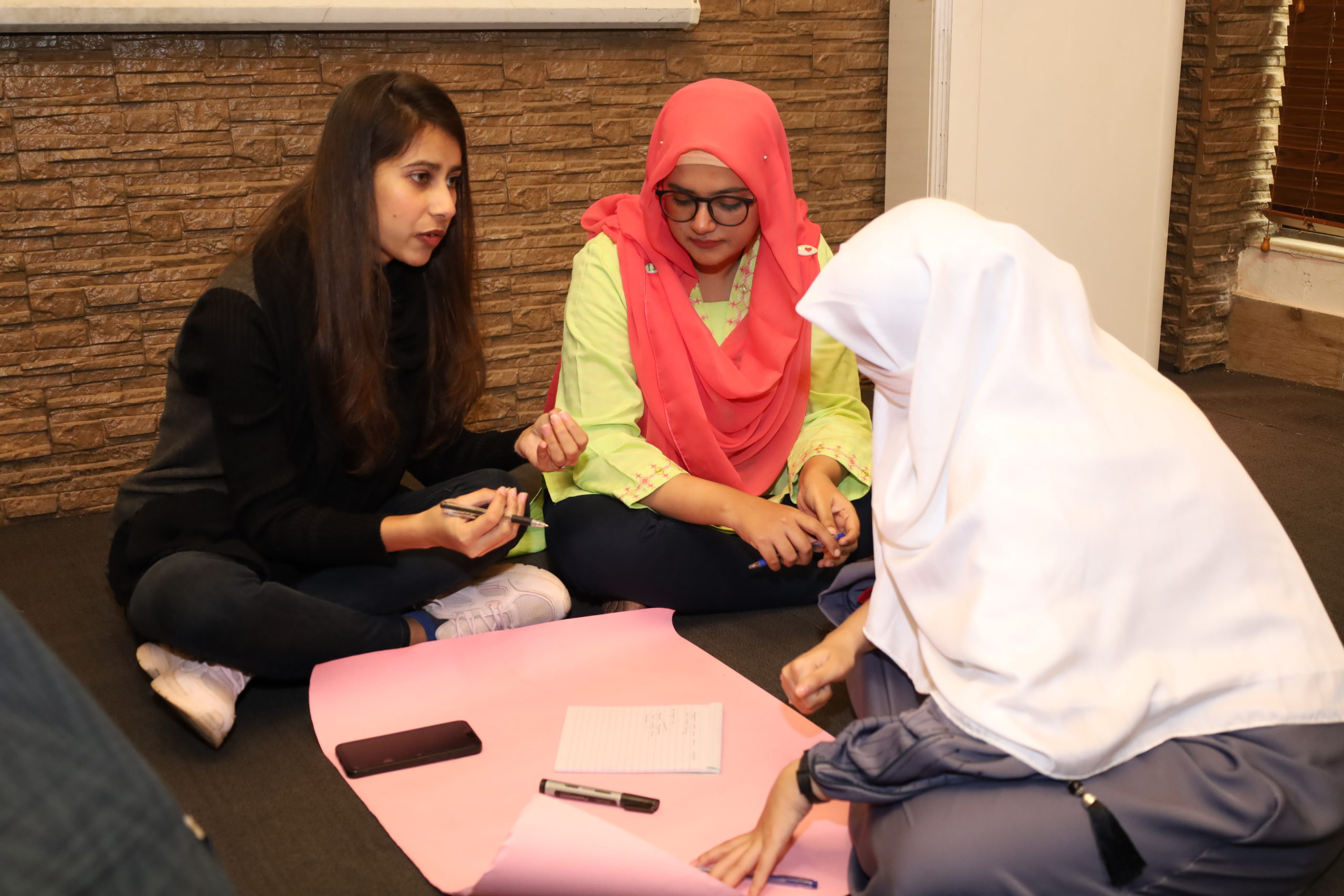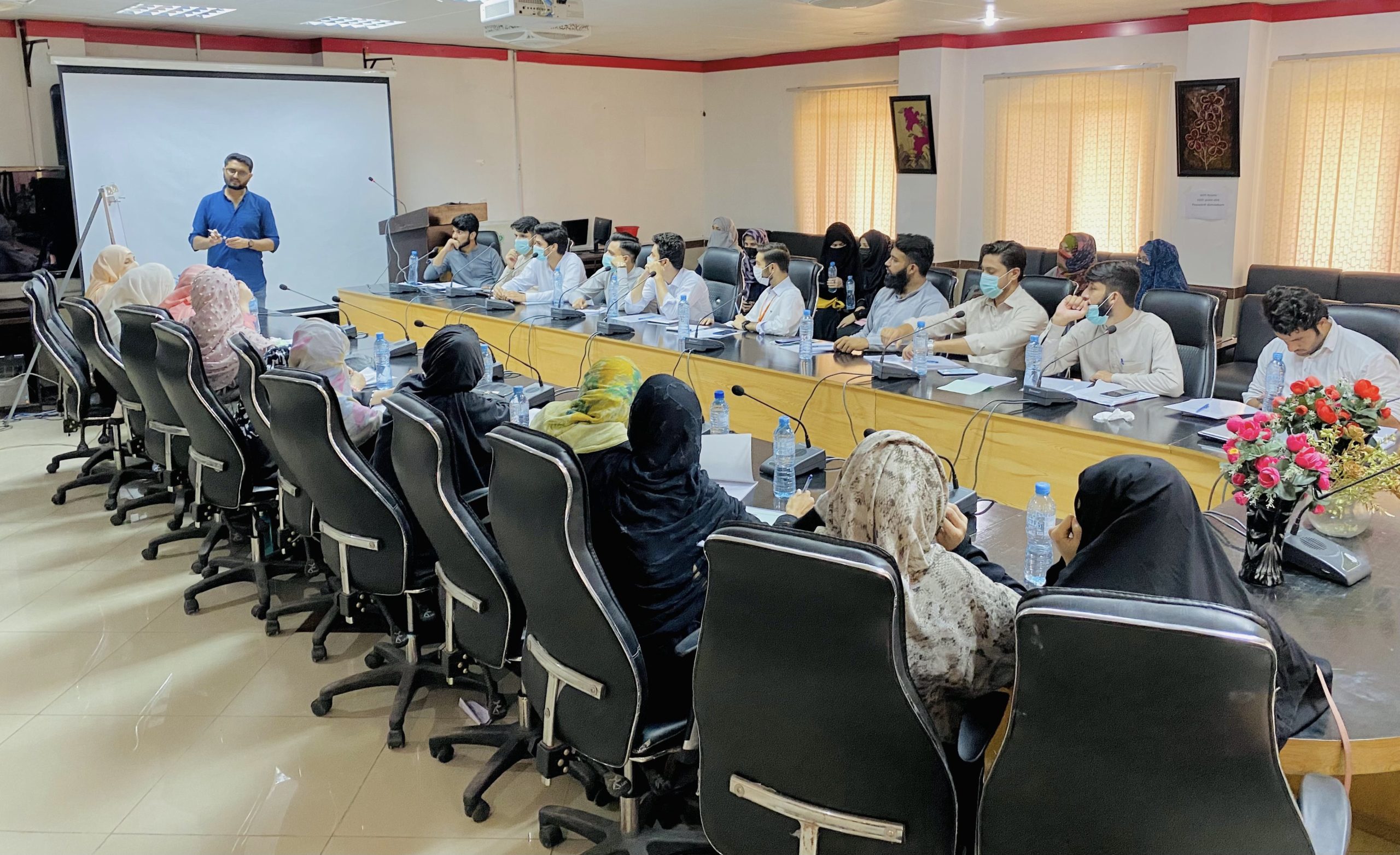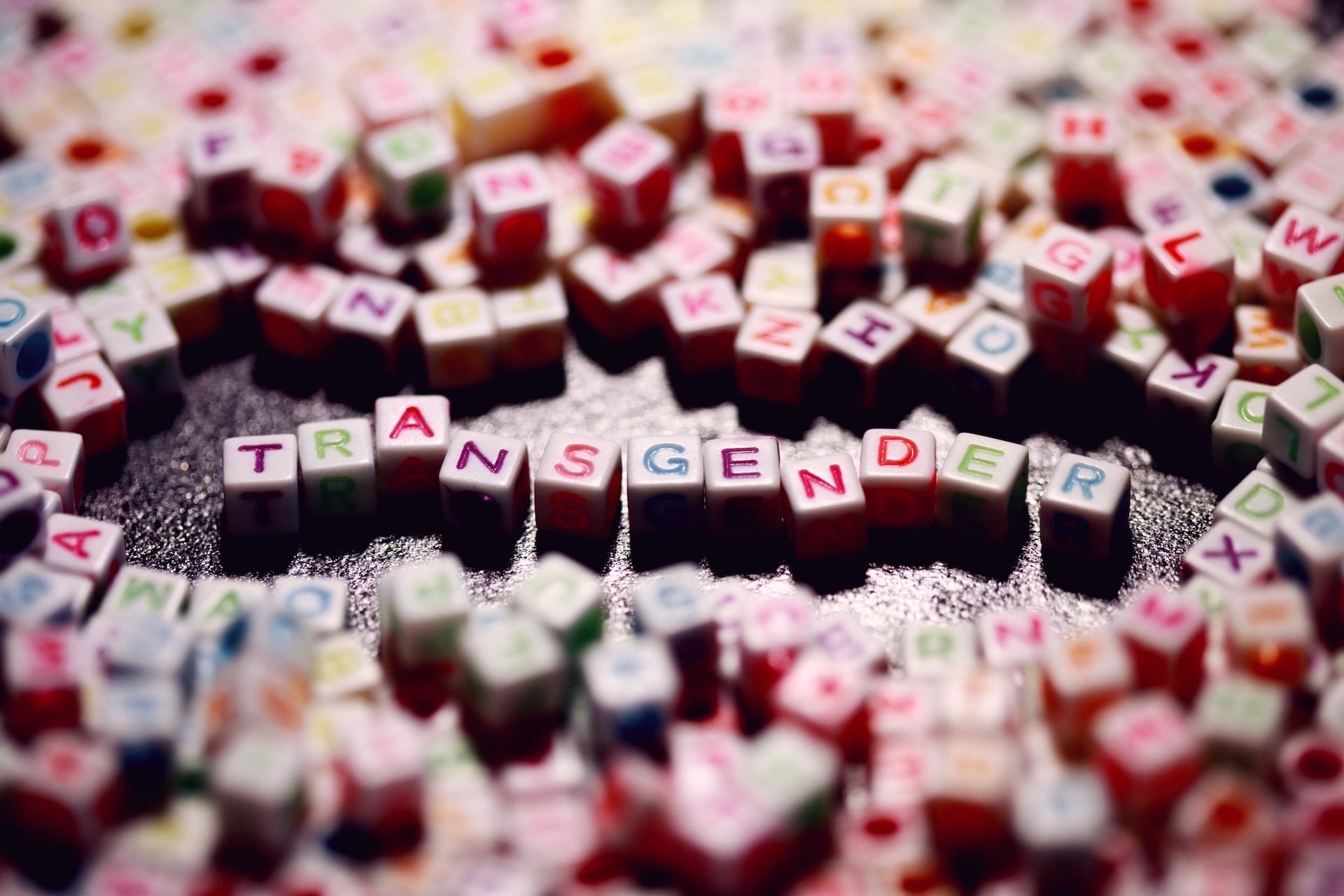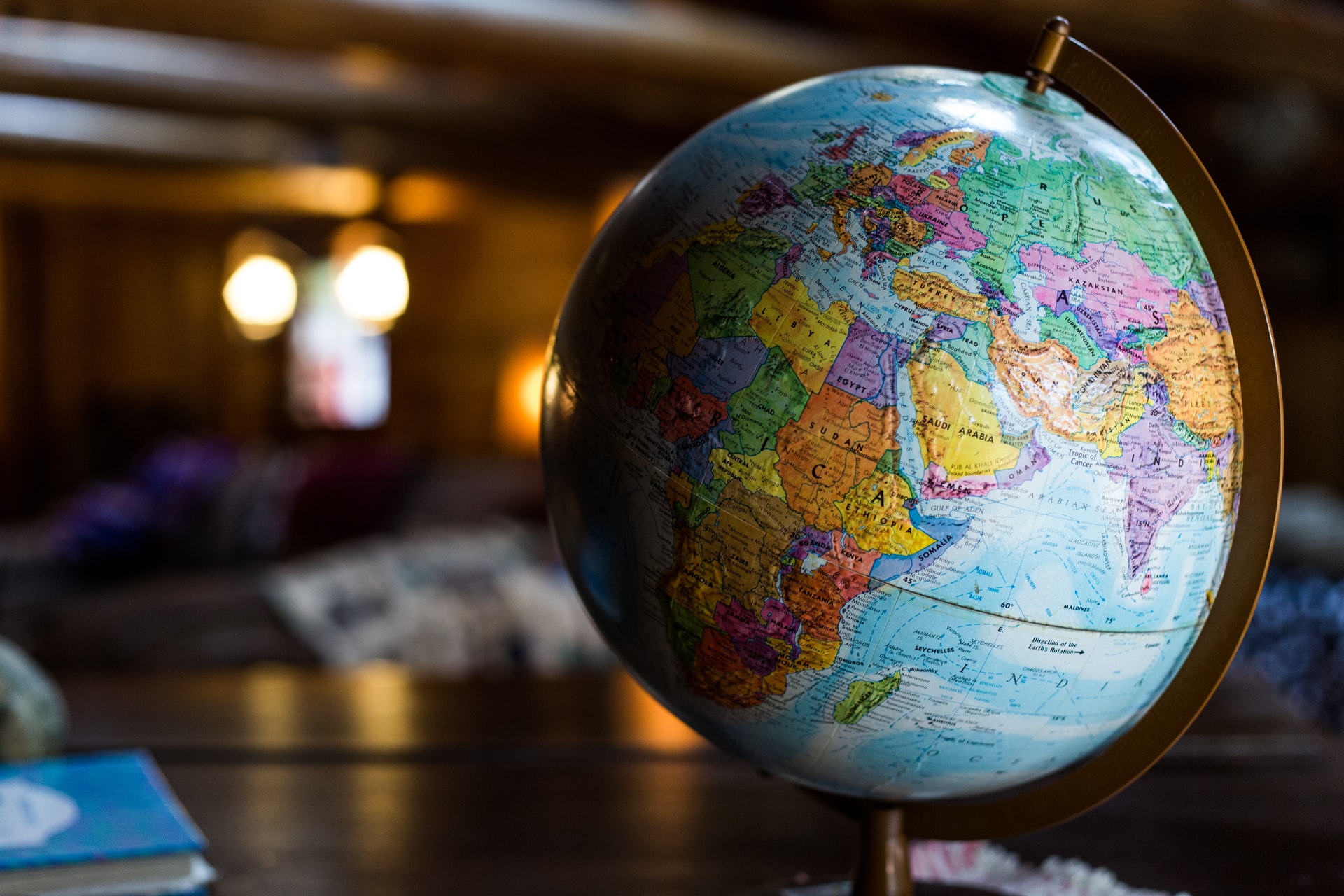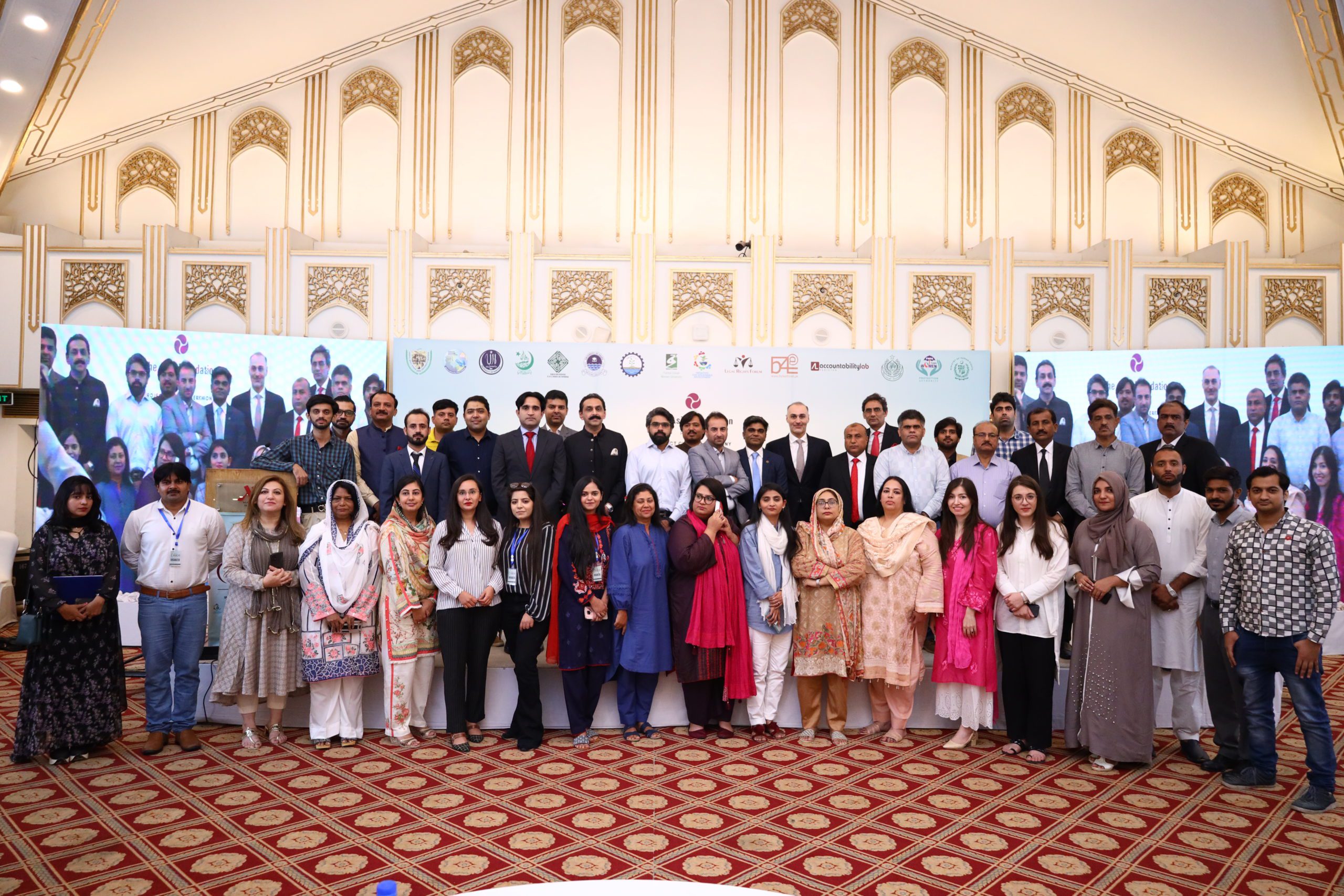Learning from Global Experiences to Advance SDG 16 in Pakistan
Sustainable Development Goal 16 (SDG 16) emphasizes promoting peaceful and inclusive societies, ensuring access to justice for all, and building accountable and effective institutions. SDG 16 is integral to the 2030 Agenda for Sustainable Development, aiming to promote peaceful and inclusive societies, provide access to justice for all, and build [...]

